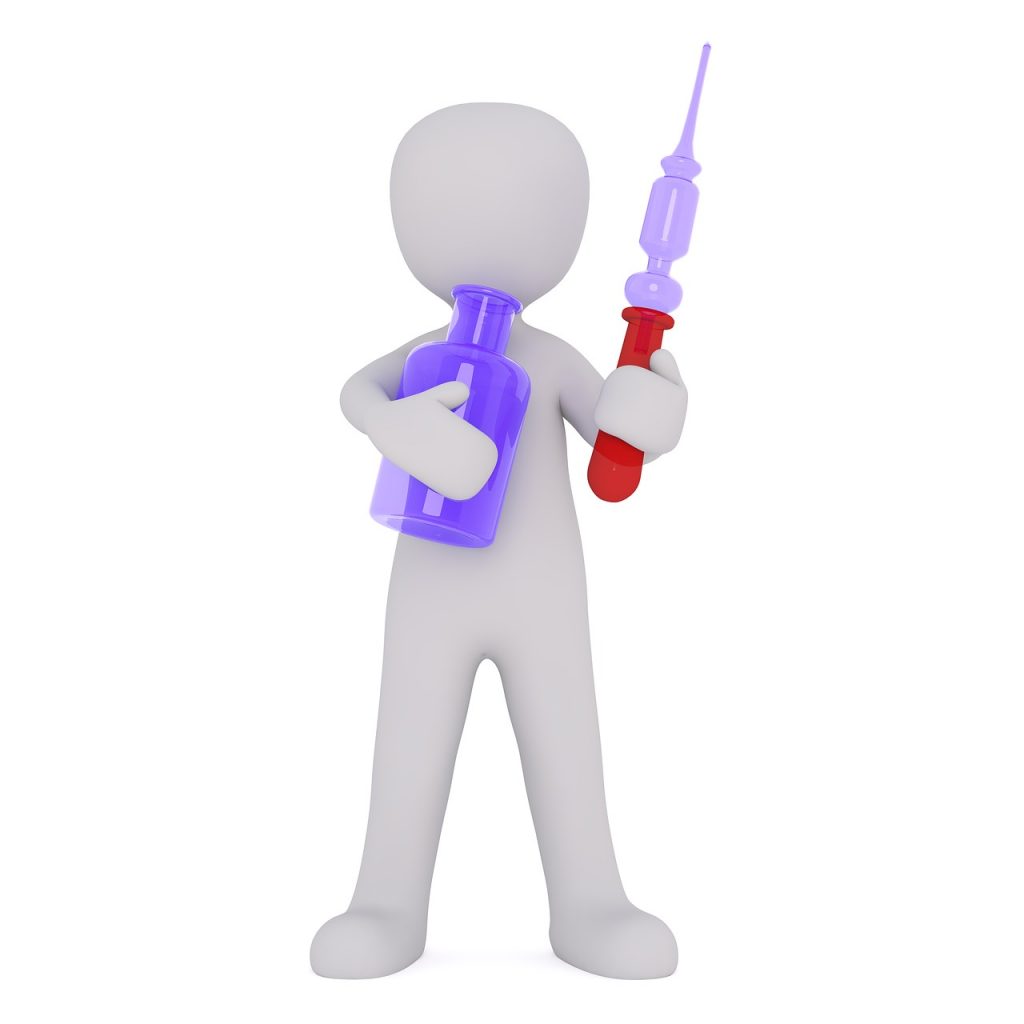Pharmacists have one of the key roles in health care.
They are responsible for filling prescriptions, detecting therapeutic animosities, and helping patients with their doctor’s orders.
They also deal with compounding, packaging, dispensing medications, labeling pharmaceuticals, monitoring drug therapies, and advising on interventions.
Pharmacists need a wide range of qualities together with education.
There are vital qualities they have to possess regardless of what type of pharmacist they are, industrial, hospital, ambulatory, retail, clinical, etc.
Article Table of Contents
What Does a Pharmacist Do
The responsibilities of pharmacists vary depending on the industry they work in, however, there are duties common to the pharmacists in different fields.
To be successful at this job, they need a particular set of skills and qualities.
The work can be different in various job sectors.
Hospital pharmacists have slightly different responsibilities than retail ones as well as varied hours and requirements.
Still, there are multiple responsibilities that are common in both sectors.
Job Duties
The duties of a retail pharmacist include:
- Advising customers on health issues.
- Delivering medications to customers who can’t leave their homes.
- Advising care homes and shelters on the proper storage and use of medication.
- Preparing prescription medication at the counter.
- Selling products, ordering and controlling the stock of medicine.
- Performing administrative tasks, supervising, and training staff.
Responsibilities of a hospital pharmacist are different and include:
- Advising the dosage and use of medicine.
- Showing how to use tablets, inhalers, and injections.
- Compounding medications and creating treatments when the current ones are non-available.
- Visiting various departments and delivering medicine throughout the hospital.
- Updating colleagues on the latest data.
- Purchasing medications and test them for quality.
- Training junior pharmacists and supervising trainees.
Essential Skills
Interpersonal:
Pharmacists need excellent verbal communication skills.
They should also be ready to administer medications.
Pharmacists need to be compassionate and care for people’s health and well-being.
Management:
Pharmacists should possess good management skills as well as be great at organizing and prioritizing the work.
Also, problem-solving skills and attention to detail are mandatory.
Pharmacists should cope with stress well and be able to analyze information.
Since they are responsible for managing trainees and other staff, they need good supervising and training skills.
Field knowledge:
Pharmacists should be knowledgeable about pharmacology.
They also should deeply understand science and math to fulfill their duties.
Integrity:
A pharmacist needs to be responsible for their patients and duties.
They should also strictly follow FDA Health Regulations and comply with the law and morality.
How to Become a Pharmacist
Pharmacists can choose various career paths, including working at a hospital or in retail pharmacies or drug stores.
To enroll in the field, one needs a Doctor of Pharmacy degree which takes four years, as well as a license.
Obtaining a license involves passing two examinations first.
Training and Qualifications
Since the job of a pharmacist is well-paid, the position has a wide range of requirements.
So, if you wish to become a pharmacist, you need to invest a great deal of time and money in your education.
In comparison, in the UK, a pharmacist needs one year of preregistration training course in a pharmacy and a Master of Pharmacy degree.
In the US, things are a bit more complicated than that.
No matter which career path you will choose, you have to meet the following requirements:
- A Doctor of Pharmacy degree (also offered at community colleges).
- One to two years of residency.
- Pharmacy skills and knowledge license.
- A license in pharmacy law.
- A particular number of hours of internship.
- Vaccination certification (can be required in some states).
- Optional: Additional certifications and courses.
Experience
Theoretically, you can get a job right after completing your education.
However, the competition in the field is high, so it’s almost impossible.
Most employers hire experienced workers with additional training and courses.
To gain more experience, pharmacists can enroll in various classes, courses, or programs.
They can also help in getting a particular specialty in the field (e.g., hospital pharmacy), as well as increasing your chances of getting hired.
Such programs are easy to find and are quite affordable.
Working Hours
Since the pharmacy technician is responsible for the majority of tasks to keep things in order, the hours of a pharmacist are usually shorter than the pharmacy technician’s ones.
The average workweek of a pharmacist includes 37.5 hours.
Even though the schedules are short, pharmacists can be on call or work in shifts.
It means that they may be required to work on weekends, holidays, or at night.
The schedule depends on the industry as well as the employer.
Career Outlook
Due to high educational requirements, long training, development of drug store chains, and other factors, the employment rate of pharmacists is expected to grow only by 3% until 2024.
This is far slower than the average rate for all other occupations in the US.
Pharmacists that are seeking jobs in traditional pharmacies may suffer the most from such low rating.
Pharmacists in the hospitals have better hiring opportunities since the specialists there are always in demand.
The median annual salary of a pharmacist is four times the minimum wage in the country.
Even so, the job outlook isn’t too positive.
Because pharmacists can take various career paths and have a high salary, the low employment rate is worth taking a risk.
Conclusion
A pharmacist is one of the most important professions in the healthcare industry.
Pharmacists make a good salary, which is four times as much as the minimum wage.
Pharmacists spend many years in education and have an impact on people’s lives.
That makes the responsibility and dedication they have to show one of the highest out there.

